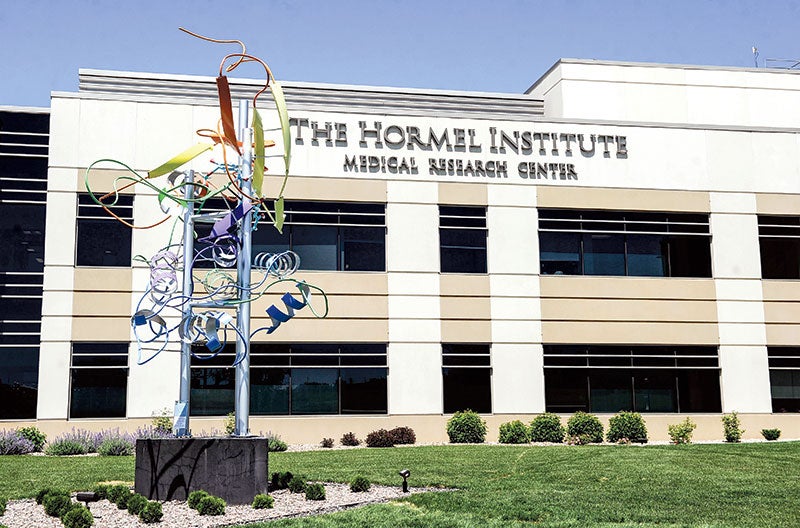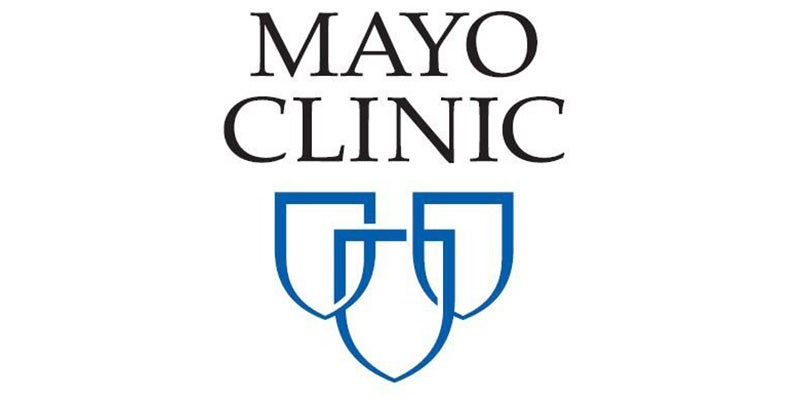Hospitals’ medication errors resulted in 4 deaths last year
Published 10:23 am Friday, February 19, 2016
MINNEAPOLIS — A new report shows that despite improvements in how medicine is dispensed at Minnesota hospitals, the risk of injury or death from errors still exists.
Hospitals have disclosed four deaths and 10 serious injuries related to medication errors in a 12-month period ending last October. It’s the highest total in the 12 years Minnesota hospitals have been reporting an “adverse event.” Minnesota is one of five states in the country that disclose hospital errors.
Handwritten prescriptions have been replaced by computerized orders and robotic drug dispensing. The Star Tribune reports (http://strib.mn/1QoysRU ) half of the 14 medication-related injuries or deaths last year happened after the patients were discharged as hospitals checked or adjusted medications.
“There are many transition points” in prescribing, said Dr. Rahul Koranne, chief medical officer for the Minnesota Hospital Association. “The medication is ordered by the physician, so there is room for human error there. The medication is then checked off by the nurse . and then evaluated by the pharmacist.”
In all, last year’s report included 316 adverse events, a slight increase from 308 in 2014, according to the new report. Fatal patient falls declined from 79 in 2014 to 67 last year, but losses of irreplaceable biological specimens increased from 20 to 27.
But patterns are starting to emerge now that the state has multiple years of medication errors to compare. Steve Meisel, Fairview’s director of patient safety, examined the fatal or disabling errors reported statewide in the past three years and found that nearly half involved blood-thinners or cardiac drugs.
And seven of the 14 medication-related injuries or deaths last year occurred when patients had already gone home or to long-term care facilities, indicating that errors were happening as hospitals double-checked and adjusted medications after discharge.
Hospitals aligned with CentraCare and with Allina Health in the Twin Cities now have pharmacists in their emergency rooms to interview patients and check their prescription histories. On average, these visits result in five adjustments to patients’ documented drug regimens, such as correcting outdated information or avoiding harmful drug combinations.




